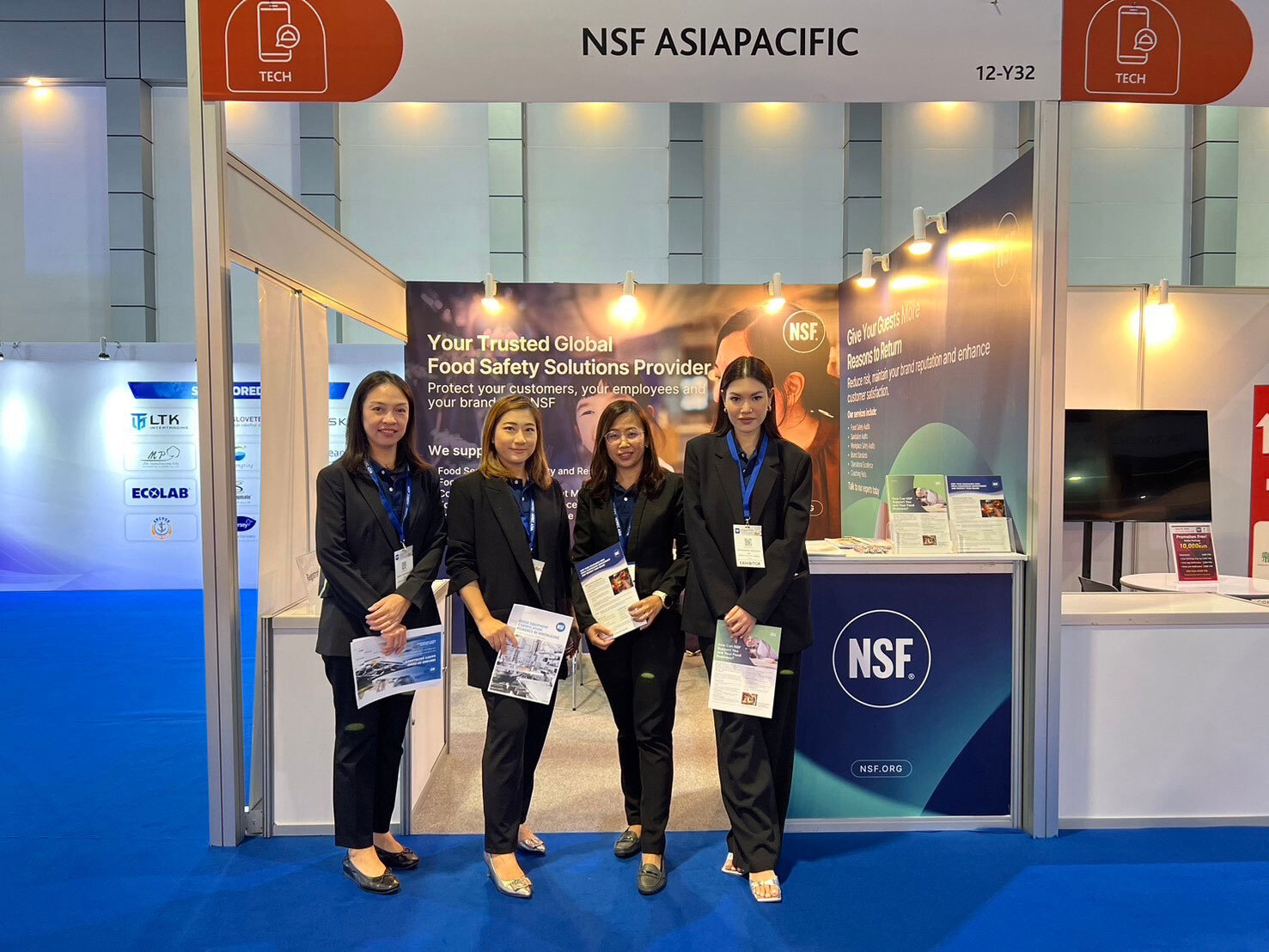An NSF Audit Can Help You Save on More Than Compliance

Good manufacturing practices (GMPs) are an essential part of providing product quality, safety and integrity in the health care industry, including dietary supplements. These guidelines from the U.S. Food & Drug Administration provide a system of processes, procedures and documentation to help ensure products match the information that appears on the label (identity, strength, composition, quality and purity). GMP certification can help supplements manufacturers differentiate in the market by elevating their brand image. But that’s far from the only benefit.
Certification from a third party offers many benefits, including highlighting an organization’s commitment to quality and safety, reducing risk, and even potentially reducing insurance premiums. Although many of these benefits naturally arise following certification, organizations seeking to reduce their insurance premiums need both a reputable third-party certifier and a well-educated insurance broker to help highlight the importance of their accomplishments.1
The Appeal of Proven Good Manufacturing Practices
The most significant benefit of a third-party GMP audit is the reduced risk of regulatory compliance issues. Depending on severity, these issues can lead to disrupted production, FDA warning letters and costs associated with the necessary corrective actions. Certification helps increase your organization’s credibility and integrity while also boosting confidence in the preparedness of your facility for FDA inspection.
A thorough GMP audit can assist in meeting regulatory requirements and upholding industry standards. However, this audit and the resulting certification may also lead to cost savings when it comes time to negotiate your insurance premium.
GMP Certification Meets Broker Education
Although GMP certification speaks volumes within the industry, this often does not translate organically in the world of insurance. In fact, an insurance underwriter may not fully understand the significance of your GMP certification — or the breadth of that certification — without proper education. This is where your insurance broker comes in.1
To help you stand out for the right reasons and be seen as a lower risk for product liability insurance in the eyes of your insurance company, your broker needs to effectively communicate the impact of your certification. Doing so requires that they understand both the GMP landscape as it applies to dietary supplements and why this certification is beneficial to the insurance provider. Pursuing an NSF/ANSI 455-2 GMP audit is a great way to earn your certification and potentially realize these savings. NSF audits for NSF/ANSI 455-2 certification include:
- A structured audit process that determines audit duration, review timelines and ongoing monitoring requirements
- A grading system based on the number and severity of non-conformances
- Best industry practices driven by retailer requirements
- ANAB-accredited certification audits
An insurance provider may offer credit for some or all of the NSF/ANSI GMP 455-2 audit cost, depending on the size or annual revenue of your company. To learn more, contact your insurance agent or broker and work with them to identify insurance savings that may emanate from NSF/ANSI 455-2 GMP certification.
Are you ready to learn more? Connect with an NSF Business Development expert.
Resources
GMP Certification
CBD and Hemp Product Certification
Product and Ingredient Certification
Source:
1 www.nutraceuticalsworld.com/issues/2014-12/view_columns/will-gmp-certifications-lower-my-insurance-premium
How NSF Can Help You
Get in touch to find out how we can help you and your business thrive.

What’s New with NSF

NSF Shanghai Named Critical Site for NSF/ANSI 455 and NSF/ANSI 173 by ANSI National Accreditation Board
July 26, 2024
NSF Takes Center Stage at NEHA Annual Education Conference
July 25, 2024
NSF Asia Pacific Showcases Hospitality Solutions at THAIFEX HOREC Asia 2024 in Bangkok, Thailand
July 4, 2024